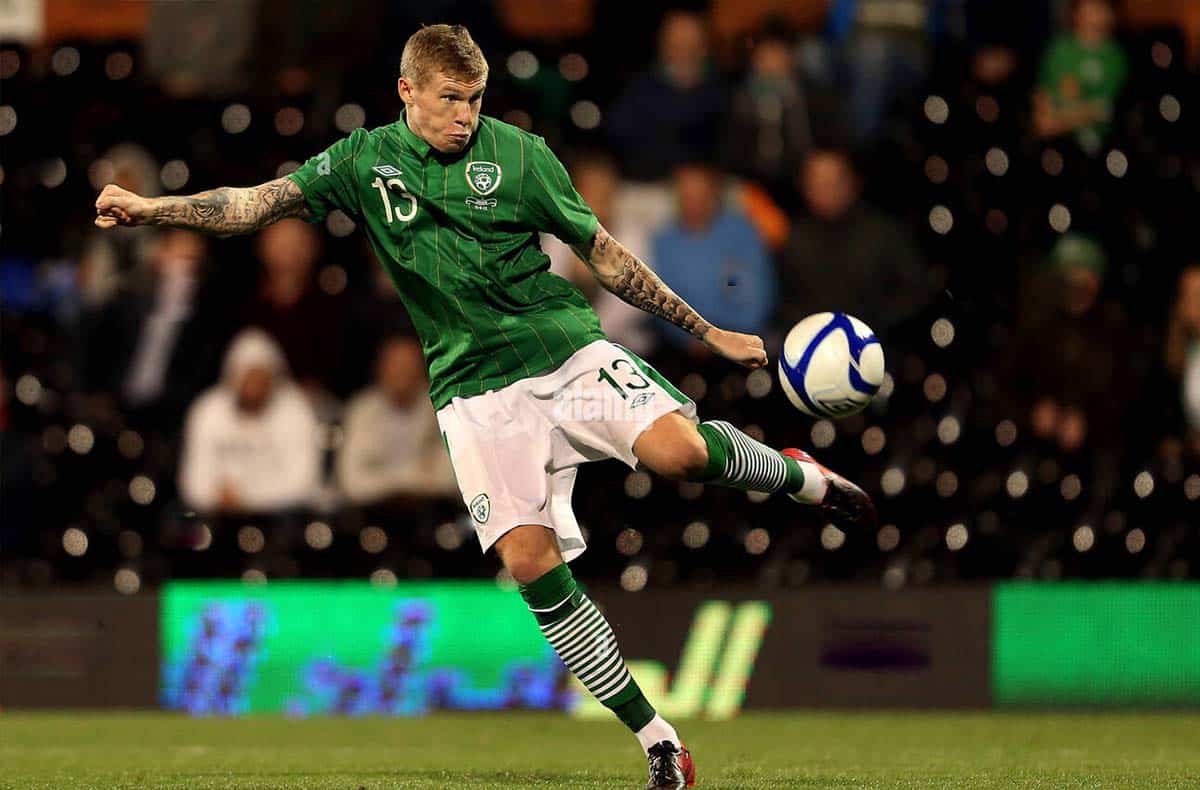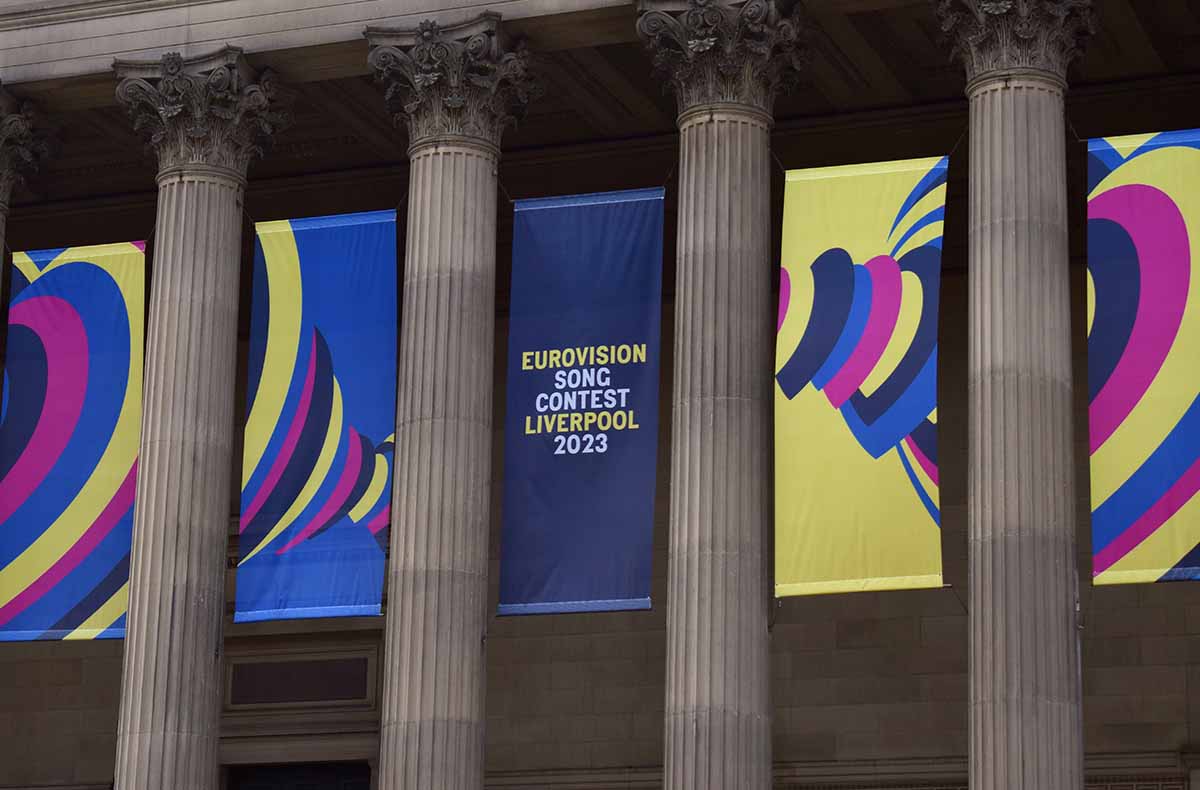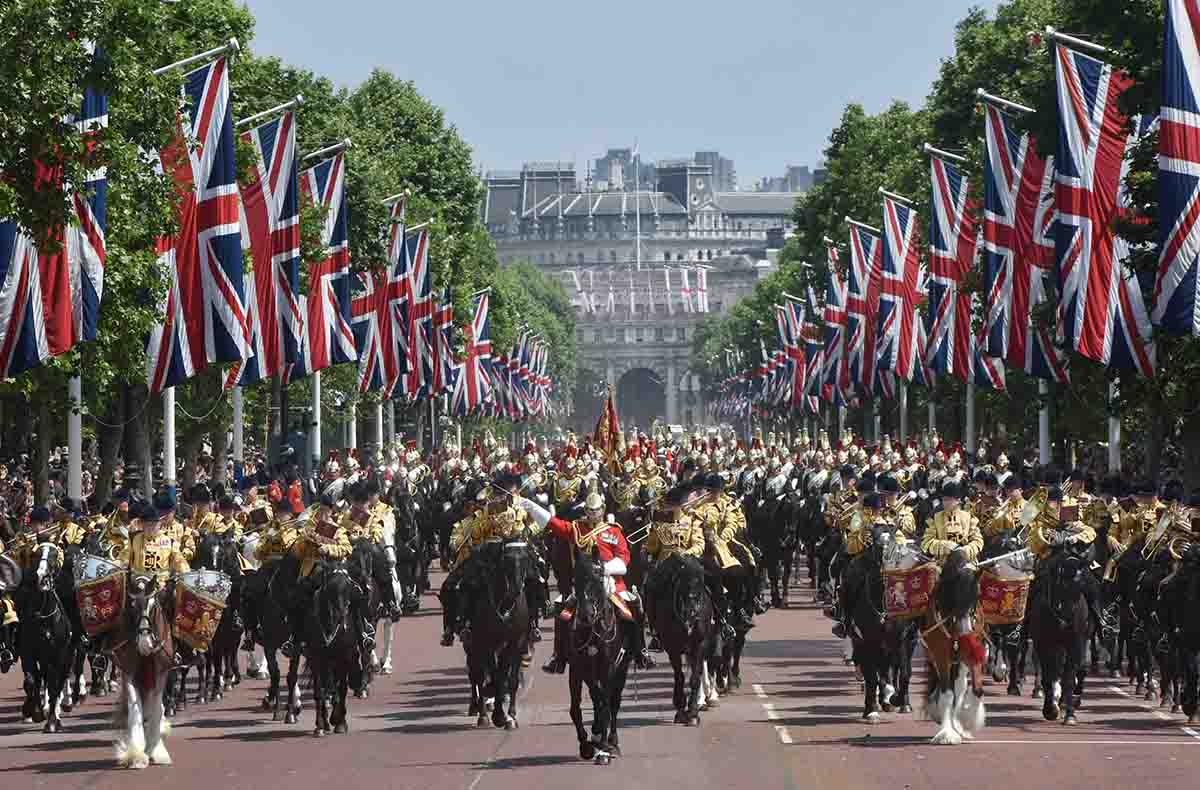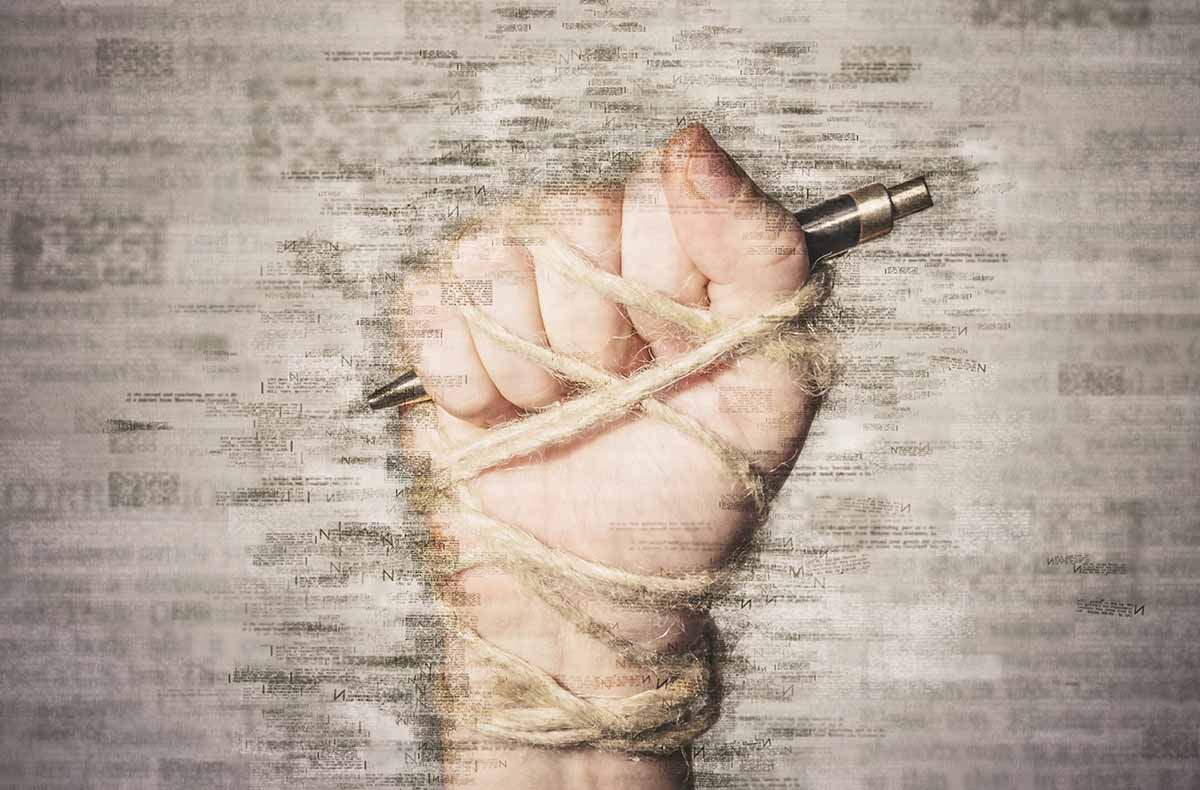
In late October, a phenomenon occurs in the United Kingdom. Many of the population take to wearing bright red paper flowers on their lapels. TV personalities flaunt them—some even eschewing commonplace paper in favour of glitzy ruby bling versions. Sports teams have them woven on their shirts.
The Royal British Legion’s Poppy Appeal is an annual event in the run-up to Remembrance Sunday in November. Sales of poppies raise money for veterans of the British armed forces. They first appeared in 1921 to commemorate the dead of the First World War. In the killing fields of northern France and Belgium, the irrepressible flowers bloomed on the bleak landscape and brought a vivid flash of colour to the devastated landscape.
What better symbol to remember the dead, to evoke the blood sacrifice of the troops?
A wider resonance developed over the years. The poppy is now worn in memory of servicemen and women who died in subsequent conflicts, too. The money raised supports injured veterans. Those wounded in Iraq and Afghanistan are the latest to benefit from the charity.
Here lies a problem. One of the places that British forces were deployed was within the United Kingdom itself. In 1969 troops were sent to Northern Ireland to quell civil disorder. This turned into the longest continuous deployment in army history. They remained in the province until 2007. During that period some soldiers alienated the Nationalist community, the section of society who favour a united Ireland.
There were atrocities on both sides in the ugly, internecine conflict that is quaintly euphemised as “the Troubles.”
One of the worst incidents occurred in 1972, when the Parachute Regiment opened fire on a peaceful march. Thirteen civilians were shot dead and many others injured. It took until 2010 for a British Prime Minister to admit the killings were “unjustified and unjustifiable.” There are continuing attempts to prosecute a Paratrooper known as “Soldier F” on charges of murder and attempted murder on that bleak day 50 years ago.
What quickly became known as “Bloody Sunday” took place in a city the British refer to as Londonderry and the Irish call Derry. James McClean, a soccer player, grew up a short walk from where the massacre took place. When Premier League teams began embroidering poppies on their shirts in 2012, McClean, who played for Sunderland at the time, refused to wear an emblem that paid homage to soldiers. Bloody Sunday is still a raw wound in Derry. There was outrage across the UK. The player, who now represents Wigan Athletic, issued an open letter explaining his stance, but still suffers death threats and abuse.
Many British cannot see that the poppy is political, too. FIFA originally thought it was. World soccer’s governing body refused to allow the England, Scotland, Wales, and Northern Ireland teams to wear a representation of the flower on an armband five years ago but changed their mind after protests from senior politicians and royalty. It was agreed that opposing teams had a veto. Germany—of all nations—gave its blessing to England. Two World Wars felt remote to the forward-looking Germans.
For McClean things are just too close to home.
Ireland was England’s first overseas colony. With the incorporation of Wales and Scotland, the United Kingdom was formed but the Irish always sat uneasily in the British body politic. The same year that the poppy became popular, Ireland broke away from the UK but six of the island’s 26 counties were retained by Britain. This region was populated by descendents of Protestant settlers from Scotland and England who arrived in the 17th century. Those they displaced were Catholic.
By the time the new Northern Ireland was created, the term Protestant was interchangeable with Loyalist and Unionist. Catholic became almost a synonym for Nationalist. Poppies were important here, too: Loyalism’s blood ties to Britain were confirmed in the carnage on the Somme during the First World War. The Ulster Division lost 2,000 men on the first day of the battle. The reward was that Northern Ireland was created with what seemed to be an unassailable pro-British majority. It took a century but demographic figures this month rang the death knell for the Protestant state. For the first time there is a majority of Catholics in the six counties.
Sport is political in this environment. There is only one Irish team in rugby union and cricket. In soccer, Ireland and Northern Ireland have separate national sides. The situation is complicated by the existence of the uniquely Irish Gaelic football and Hurling, the most popular Gaelic Athletic Association sports.
In the past soccer was seen in some quarters as alien and, even worse, British. That has changed. Ireland has long embraced the world’s most popular sport. This month the Ireland women’s soccer team unexpectedly qualified for the World Cup for the first time.
In the dressing-room afterwards, they stumbled into the deep waters of Anglo-Irish politics. The team chanted, “Ooh, ah, up the RA,” a refrain from a 1987 song called “Celtic Symphony” by the Wolfe Tones. “RA” is a reference to the Irish Republican Army.
The IRA have had many incarnations over the decades. The best-known group are the Provisional IRA, who were active in the Troubles and whose deadly bombing campaign in England came close to killing a British Prime minister. The reaction in the UK to the Irish team’s sing-song was fury: 26 years after the Good Friday Agreement brought peace to Northern Ireland, the IRA remains despised as terrorists. The anger also illustrated that a colonial attitude to Ireland still exists in the land of the former occupier. An English presenter on British television had the temerity to ask a member of the team whether the chanting highlighted the need “for education on issues like this?” He also asked for an apology.
Colonisers rarely place any value on the history of the lands they conquer, seeing it only through their own prism. The British knowledge of Ireland’s past—even within living memory—is remarkably poor, as the reaction to McClean demonstrates. The Troubles are generally misunderstood in the UK, where the role of murderous Loyalist paramilitaries and their collusion with the police and army is largely ignored. Crown forces helped form death squads that targeted non-political civilians. There is little serious analysis of the disturbing issues that surround the Soldier F case.
The lack of concern about Brexit’s impact on Northern Ireland by London’s politicians was reckless in the extreme and threatens the fragile peace. A senior journalist at the BBC, Britain’s state broadcaster, even went so far as to ask Dublin’s Europe minister whether her nation should “leave the EU and throw in their lot with this country,” suggesting that Ireland should undergo a voluntary recolonisation.
It is not for the British to interpret a former colony’s history, culture, or future. The Empire is just a memory. The imperial mindset lingers on.



